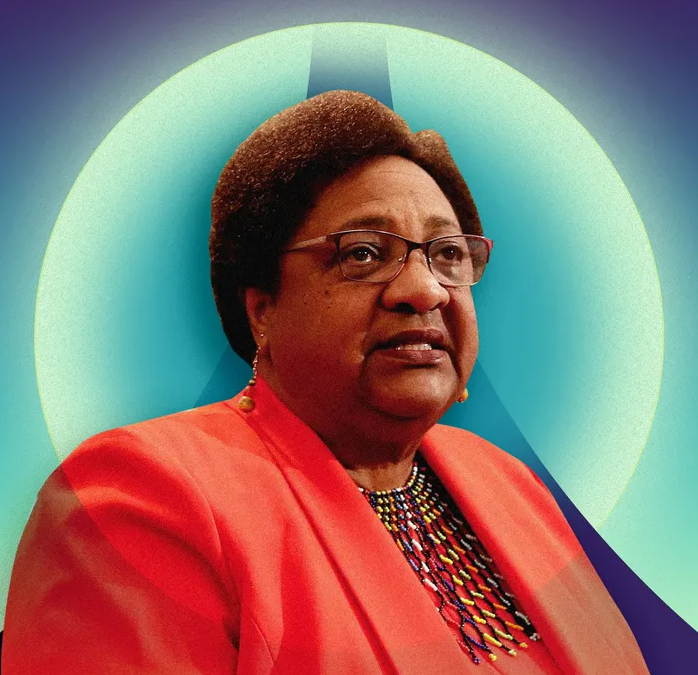Coming of age, Dr. Shirley Weber dreamt of becoming a good educator and making a difference in her community. Becoming California’s first Black secretary of State — and the path that led her there — was not part of what she calls “her life agenda.”
The daughter of sharecroppers from Arkansas, Weber grew up in Los Angeles in a home that valued the power of education and the right to vote. She became a professor at San Diego State University at the age of 23, completing her Ph.D. by the age of 26. By the time she retired, she had taught for more than 40 years in SDSU’s Africana studies department — one she helped create.
Teaching was as close to her heart as fighting to make education better in California. As she grew up, Weber saw her parents organizing the community. Her mother registered neighbors to vote, but at the time, there were no libraries or churches close enough that could be used as a polling place for their precinct. So she offered Weber’s childhood home in L.A. Her dad thought voting was too important for the garage, so every election, he’d clear out the furniture so people could cast their ballots in the living room. Witnessing her parents’ deep commitment to ensuring that their neighbors’ voices were heard became the foundation for Weber’s activism and, eventually, her legislative work.
After serving two terms on the San Diego Board of Education and four representing California’s 79th Assembly District, Weber is now the third most powerful person in the state. She spoke with the Cut about why she had to be recruited to run for office, her greatest professional heartbreak, and how she’s opening the door for the next generation of Black women leaders.

